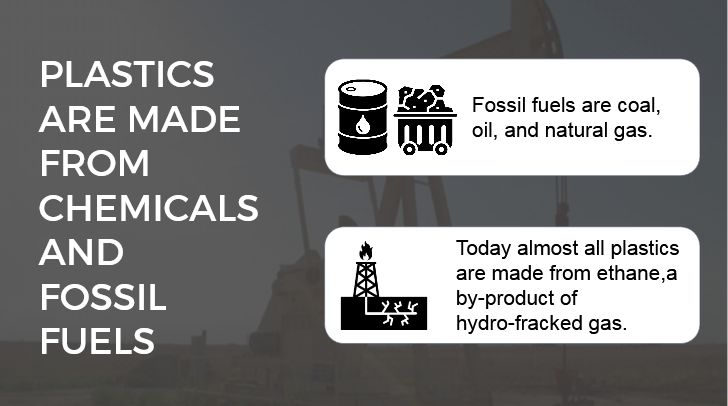ORGANIZING TOOLS TO SLOW THE CLIMATE CRISIS AND SAFEGUARD ENVIRONMENTAL JUSTICE
Released in late October 2021, The New Coal: Plastics and Climate Change is a comprehensive account of the United States plastics industry’s significant, yet rarely acknowledged contributions to the climate crisis that highlights its role as a major violator of environmental justice.
The U.S. plastics industry’s contribution to climate change is on track to exceed that of coal-fired power in this country by 2030. At least 42 plastics facilities have opened since 2019, are under construction, or are in the permitting process. If they become fully operational, these new plastics plants could release an additional 55 million tons of greenhouse gases—the equivalent of another 27 average-sized coal plants.
The health impacts of plastics’ emissions are disproportionately borne by just 18 communities here in the United States. Located primarily along the coasts of Texas and Louisiana as well as in parts of Appalachia, these communities are overwhelming low-income communities and/or communities of color - making plastics a massive environmental justice concern.
Our hope is to empower you to organize around both the climate change and environmental justice aspects of the U.S. plastics industry. We hope you find these tools helpful.
QUESTIONS?
If you have any questions or wish to connect, please reach out to Alexis Goldsmith, our National Organizing Director.
ONLINE ACTION CAMPAIGN TARGETING THE BIDEN ADMINISTRATION
As Beyond Plastics' groundbreaking report, The New Coal: Plastics and Climate Change revealed, the U.S. plastics industry is a major driver of the climate crisis. Plastic is on track to outpace coal's greenhouse gas emissions in the U.S. by 2030 unless we act now to stop the petrochemical industry's planned buildout.
Not only is plastic’s production, usage, and disposal speeding climate change, it’s also turning our oceans into a landfill and burdening fenceline communities with air pollution and toxic chemicals that threaten their health—a massive violation of environmental justice. This injustice is particularly rampant in Texas, Louisiana, and parts of Appalachia.
Please join Beyond Plastics in calling on the Army Corps of Engineers, the E.P.A, and the White House’s Council on Environmental Quality to stop the petrochemical buildout by rejecting all permits for new or expanded petrochemical facilities. Send your email now >>
You can either copy this campaign or, if you use Action Network, you can promote this instance of the campaign and add your organization’s unique referral code (read this short article by Action Network if this is new to you.)
SHARE THE REPORT | SOCIAL MEDIA TOOLKIT
Our hope is that this report will help shed a light on plastics’ driving role in the climate crisis and the reality of its impact on communities struggling with powerful environmental injustice here in the United States. To that end, we hope you will help spread the word about it.
We’ve put together a social media toolkit to make it easy to share the report with your networks.
The toolkit provides sample graphics and sample share copy adapted to various platforms and mediums (email, Twitter, Facebook and Instagram) that you can use to share it. Dive in >>
PRESENT ON THE REPORT
We’ve been encouraged by how much interest people have expressed in learning more about the connection between plastics and climate. We’ve done a lot of webinars and briefings and want to empower YOU to host your own webinar or briefing on findings in The New Coal: Plastics and Climate Change.
To that end, we’ve put together some sample slides you can use or adapt for your audience.
MAKE YOUR VOICE HEARD | LETTERS TO THE EDITOR
A well-placed opinion piece can raise awareness of your cause and also catch the attention of decision-makers or corporate targets. However, editors are usually fairly picky about what they publish so please make sure to adapt the sample below to ensure that you are grounding the letter in your own experience and making it as relevant as possible to the publication’s audience. And do not submit to more than one newspaper or outlet at a time!
Please drop us a line if your piece or letter gets published so we can help you spread the word - email our National Organizing Director, Alexis Goldsmith.
SHARE THE MAP: Greenhouse Gas Emissions from Plastics Industry Facilities
A picture is worth a thousand words. This map provides a handy visual for explaining exactly where the U.S. plastics industry is having the greatest impacts. Feel free to embed it or share it.






